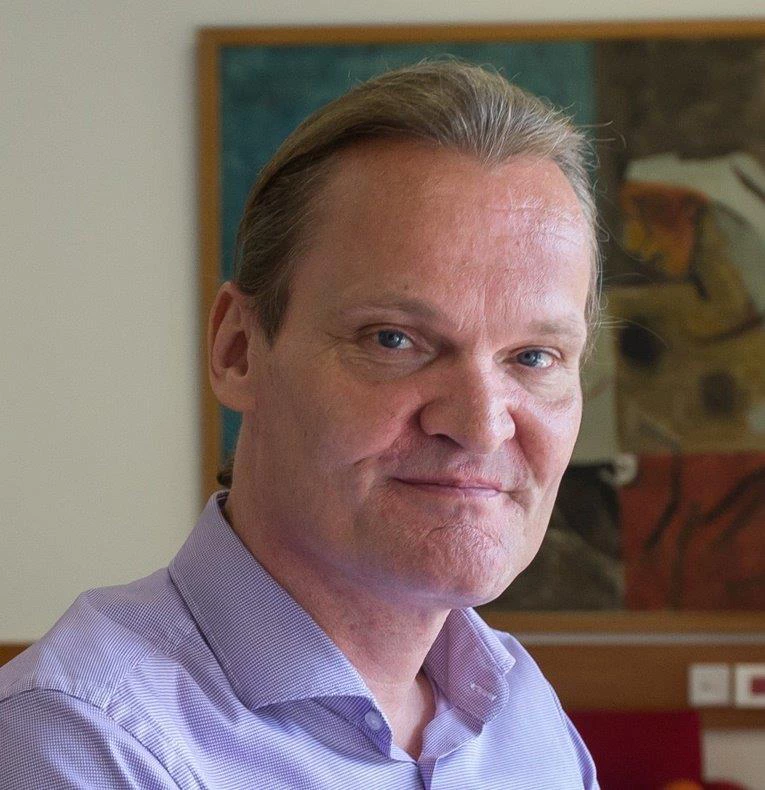 It was a 4:30am wake-up call on a cold morning in Delhi for my flight to Lucknow. I stepped into the shower… only to find cold water. Not the best start of a day I have had!
It was a 4:30am wake-up call on a cold morning in Delhi for my flight to Lucknow. I stepped into the shower… only to find cold water. Not the best start of a day I have had!
When I got back from my trip a few days later, I asked the building manager why there had been no hot water at that time. “Sir” he said, “it is solar; 4:30 is too early!"
I had to think about that for a while. Different perspectives raced through my mind: First, I thought it was great that the water heating was solar and thus running on clean energy. After that, I thought that it was a real pity we do not know how to store solar energy so that we could still have hot water at 4:30 in the morning. After that again, I actually felt it was perfectly OK not to have hot water at 4:30 in the morning: we will not be able to solve our energy problems without some compromises for those of us who have hot water at all. And that brought me to the most important realization: millions and millions of people were waking up at the same time as I did, but theirs was a dark winter morning because they do not have electricity to turn on a light bulb, let alone get hot water for a bath.
Yesterday I participated in the opening session of the Delhi Clean Energy Conference together with the Union Minister for New and Renewable Energy, Dr Farooq Abdullah, and an eminent former Union Minster for Power, Suresh Prabhu. The conference is a preparatory event for the Clean Energy Ministerial which will take place in Delhi next April. Dr. Abdullah’s speech reminded me of my solar reflections on hot water or lack thereof. He explained that India is currently number five in the world in wind energy and strives to be number one soon. As a Dutch national, from the country of windmills, I was blown away at the notion. Big, big things are happening in India and other leading developing countries! Solutions are being piloted and scaled up that can transform the way we get our energy. This is what the Clean Energy Ministerial is all about, no zero sum negotiations, straightforward sharing of practical solutions for better results.
Even on a regular growth path, the world will need about 45% more energy in 2030 than it needs today. At present cost, that will require US$26 trillion in investments, most of it in developing countries and within that mostly in urban areas. We really need to learn fast, not just about clean energy solutions that really work, but especially on how to scale them up and make them much, much cheaper!
There are some great examples to build on in India. I especially like India’s innovative program of appliance standards as well as the big push in solar and wind energy. I really hope the Delhi Ministerial will be a great success, and one of many successes to follow on the road to more and cleaner energy for all!


Join the Conversation